From bathroom bills to sports bans, Wyoming’s anti-trans push continues
The House Education Committee discussed a pair of bills for less than 10 minutes Friday before passing both unanimously. Lawmakers have filed at least eight anti-trans proposals this session.
For advocates of LGBTQ+ rights, Friday was the single most devastating day yet of the Wyoming Legislature’s current session.
The Freedom Caucus, an ascendent right-wing faction of the Republican Party, has been using its newfound majority in the Wyoming House to pursue a wide-ranging agenda. That includes advancing a deluge of bills set to radically alter life for transgender residents of the Equality State.
Friday began with the Senate Education Committee endorsing Senate File 62.
As a so-called “bathroom ban,” SF62 will mandate that school districts across the state designate every restroom or locker room meant for more than a single occupant as exclusively male or female. It would also require schools to punish those who “refuse to comply.”
Laramie Sen. Chris Rothfuss (SD-9), the committee’s only Democrat, was the sole dissenter in the 4-1 vote that sent the bill to the Senate floor.
“Legislation like this does more damage to our transgender students and community throughout the state than it provides support or protection for anyone else,” he said. “These types of bills to me seem very mean-spirited.”
In the afternoon, the House Education Committee convened to hear two other anti-trans bills — one extending the state’s existing transgender sports ban, the other a bathroom bill mirroring the one advancing through the House.
Albany County Rep. Ocean Andrew (HD-46) is a co-sponsor on both and presided over the Friday hearing as the education committee’s House chair. Worland Rep. Martha Lawley (HD-27), also a member of the committee, is the chief sponsor for both bills.
While introducing proposals, Lawley recalled being on the campaign trail last summer. She said voters talked to her about gender issues even more than property tax relief.
“I would often hear, ‘You must get boys out of girls’ sports, and the boys out of the girls’ restrooms,’” Lawley said. “This is common sense to the people of Wyoming, for the most part.”
Those gender complaints also mirror Lawley’s own thoughts on the matter, she said.
“Women and girls deserve to have their privacy and dignity safeguarded at school — and they also need to have the right to privacy and safety in other safe spaces,” Lawley said. “That right to privacy should not be threatened by, or dropped by, someone else’s view of gender.”
The lawmakers discussed Lawley’s bills for a combined total of eight minutes before passing each with a unanimous 9-0 vote.

The three bills advanced today — the Senate bathroom bill, the House bathroom bill and the House sports ban — come on the heels of other anti-trans legislation that has already advanced further.
The lower chamber passed House Bill 32, known as the “What is a Woman Act,” with a 50-9 vote last Monday. The bill has yet to be assigned to a Senate committee.
The Senate, meanwhile, passed Senate File 44, “Fairness in sports-intercollegiate athletics,” with a 27-3 vote on Wednesday. The bill has yet to be assigned to a House committee.
Other legislation has been filed but not yet heard by a committee, including “pronoun” bills in both the House and the Senate and yet another transgender sports ban in the House.
The advance of these bills — especially those in the House — are taking on a feel of the inevitable. Even the opposition views the passage of this legislation as a nearly foregone conclusion — determined on Aug. 20 and Nov. 5 when the Freedom Caucus dethroned the old guard then cemented their control.
“I can see where this is going,” Rep. Trey Sherwood (HD-14) said before the What is a Woman Act’s final vote on the House floor. She urged her colleagues to slow down the bill’s advance and reconsider some of its possible “unintended consequences.”
The House passed the bill just a few minutes later, bringing the state government’s new rulers one step closer to an historic achievement: the most anti-LGBTQ+ legislation ever passed in Wyoming in a single year.
Throughout the committee hearings to date, familiar faces and common fault lines have emerged and re-emerged — the factions decided, the arguments calcified.
And yet new lines of debate and justification surface with each public forum, allowing observers to answer — or at least begin to answer — the questions simmering just below Wyoming’s push to erode transgender rights.
How much is Trump’s victory influencing Wyoming?
The Wyoming Freedom Caucus is loyal to President Trump, and aims to put its own goals in lockstep with the goals of the new presidential administration.
“We welcome the President’s promise to end discriminatory DEI policies at the federal level as we are doing our part to end it in the Equality State, and celebrate his commitment to sanity by declaring that there are only two genders, male and female,” states an official Freedom Caucus communication following Trump’s inaugural address. “The members of the Wyoming Freedom Caucus look forward to winning with President Trump — and we will not get tired of winning.”
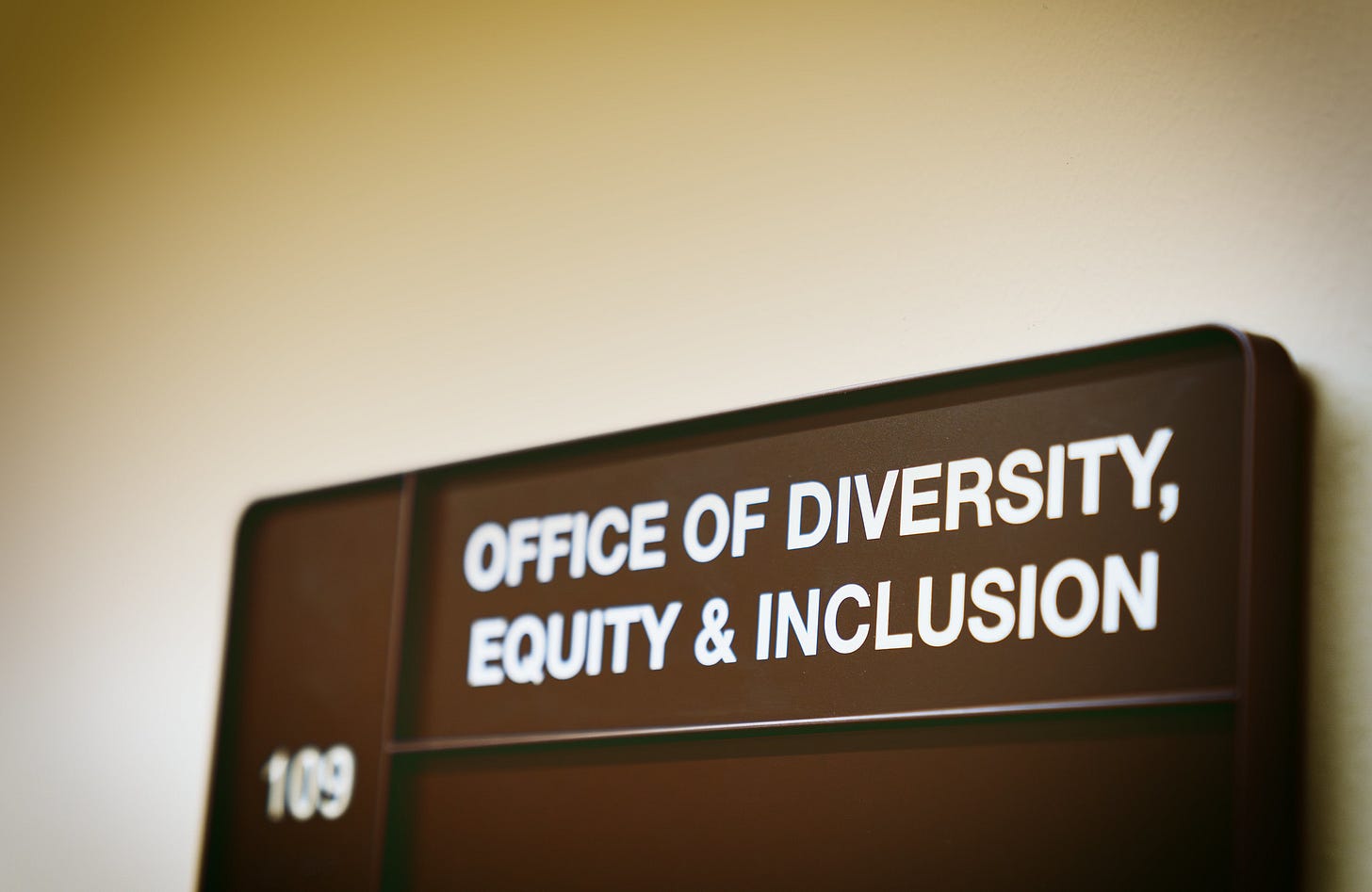
Within hours of taking office, Trump started to make good on his inaugural promises, signing executive orders to end diversity and inclusion programs throughout the federal government and to unravel the legal recognition of transgender and intersex Americans.
As she introduced her pair of bills Friday, Rep. Lawley reiterated that the anti-transgender push in Wyoming is “lining up with” these federal actions.
“One of the first executive orders that President Trump signed related to these gender issues,” Lawley said. “And basically what we’re doing in these two bills today aligns with what the federal policy will be at the federal level … We have a new administration. There’s going to be a lot of things changing in this area.”
Why hasn’t anyone sued the state over its existing anti-trans policies?
The legislation on deck in 2025 is not the first anti-trans legislation to be tried in Wyoming. Nor, if it passes, will it be the first to succeed.
In 2023, lawmakers passed — and Governor Mark Gordon refused to halt — legislation prohibiting transgender women and girls from competing on high school sports teams consistent with their gender identity.
In 2024, the state added a law outlawing the highest standard of medical care for transgender youth. A second bill last year required that school counselors out transgender youth, even to unsupportive families.
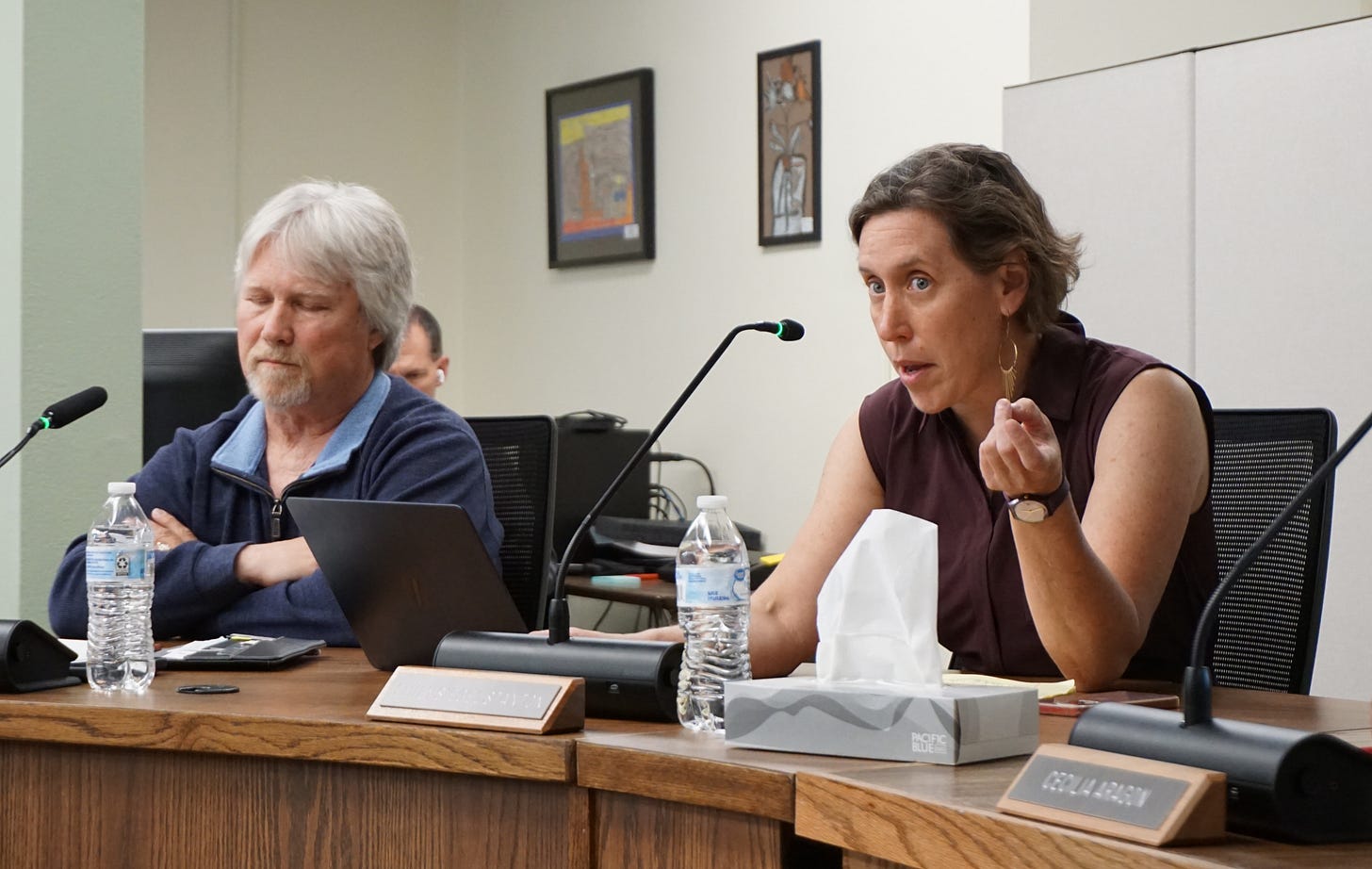
So far, no one has sued the state over these new policies.
The absence of any litigation feels notable to those on both sides of the issue — especially given that state legislation regarding abortion passed during the same timeframe inspired immediate lawsuits that have halted those new laws from taking effect.
Rep. Lawley said the absence of litigation demonstrated the success of the legislation — especially the earlier sports ban, which has been on the books for nearly two years.
“I would like to just note that that bill has gone unchallenged and has been a success in the state of Wyoming,” she said to her fellow lawmakers during the House Education hearing Friday.
But the lack of legal challenges actually tells us something else, said Sara Burlingame, the executive director of Wyoming Equality. As the state’s primary LGBTQ+ rights advocacy organization, Wyoming Equality is the outfit most likely to shepherd such a lawsuit.
“We had two students who actually had standing to come forward and be a plaintiff in a lawsuit,” she said. “One family wasn’t prepared to go forward, but the other one was.”
But Burlingame said, as that family was preparing, the student was “harassed” and “made to feel so profoundly uncomfortable … that a guidance counselor said, ‘There’s an opportunity for you to graduate early and you can get out of the situation that is doing such significant emotional harm to you.’”
To graduate early, however, the student had to drop their involvement with school sports.
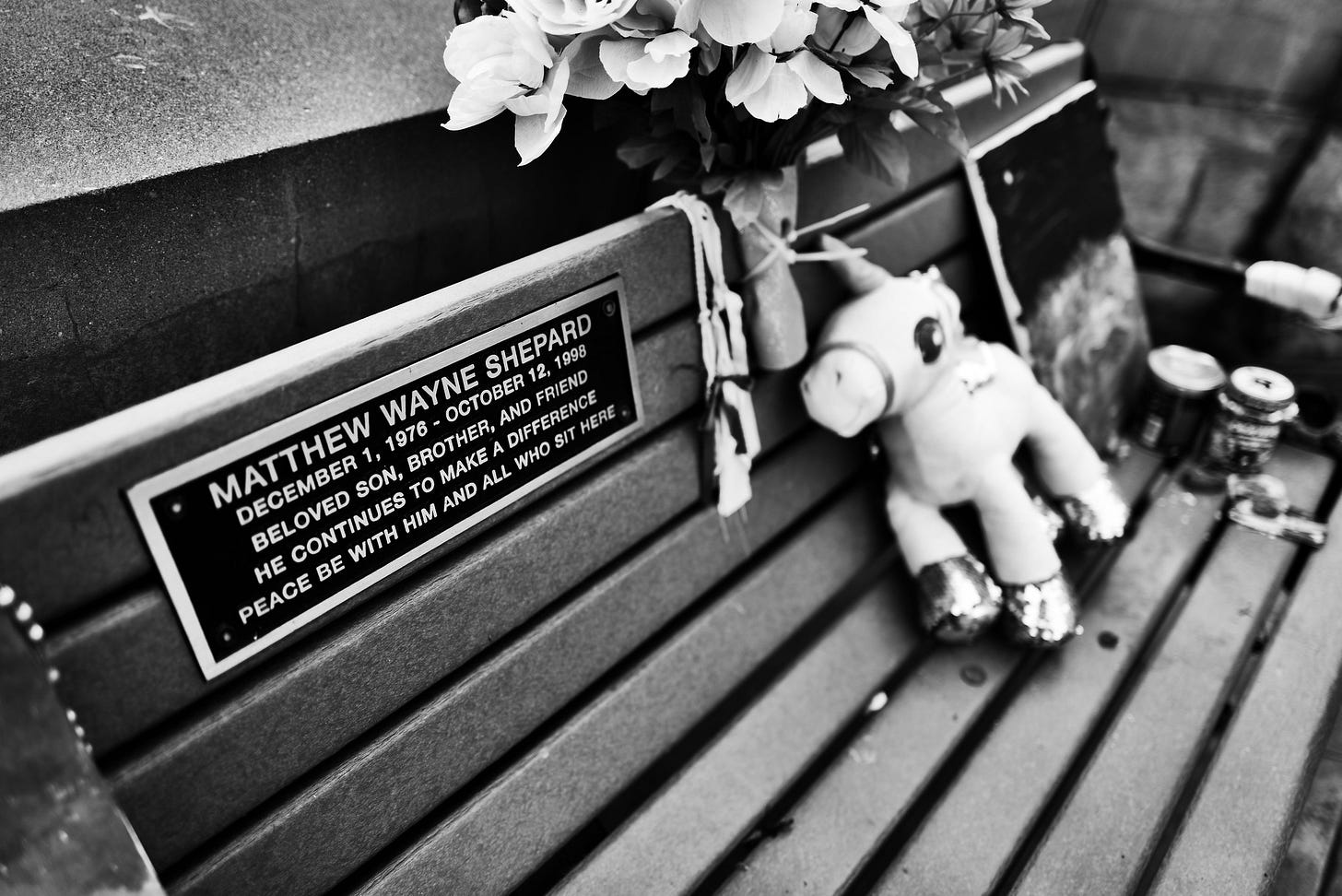
Burlingame said she had to respect that decision.
“We don’t need more martyrs in the LGBTQ movement,” she said. “We don’t need more martyrs in Wyoming. We need healthy, happy, thriving individuals — whatever sex they were assigned to birth.”
The lack of a lawsuit, Burlingame said, is not a testament to the ban’s success, nor to its constitutionality. It is instead evidence that the minority these bills target is, while real, extremely small.
“There is a sort of Catch-22 built into that,” Burlingame said. “If we had more students that this actually impacted, we think that we would bring a good court case, and we would have the opportunity to test some of these ideas.”
How will this legislation affect transgender and intersex Wyomingites?
Political debates about gender-affirming care, sports bans and bathroom bills have serious and far-reaching implications for transgender individuals — and yet the public discourse frequently sidelines their voices. Most of the public comments in Cheyenne this year have come from cisgender individuals — including a majority of comments opposed to the legislation and all of the comments cheering it on.
But when a House committee considered (and advanced) the What is a Woman Act during the first week of the session, lawmakers heard from both a transgender woman and a transgender man.
Santi Murillo, the transgender woman, is the communications coordinator for Wyoming Equality. She said she had been using female restrooms in Wyoming for years without challenge or controversy.
“If I may ask the men on committee and the men in this room: would you feel comfortable with me in a restroom?” Murillo asked. “If we’re going based on biological sex — which I’ll never deny, I’m a trans woman — would you be comfortable with me in a restroom? For the past four years, I have been in this beautiful building with you all, using the women’s restroom, no problem, with no issue whatsoever.”
Murillo said she would look out of place in the men’s restroom and would, statistically, be more likely to experience violence directed against her.

Greyson Sanchez-Hall, the transgender man who testified, raised a similar concern.
“If I go into the women’s restroom, how comfortable would you be for me to be in there with you?” he asked. “I’ve been transitioning for a little over five years now, and if I walk into a women’s restroom, I am pegged as a man. That makes women uncomfortable. I never intend to make women uncomfortable, so I use the men’s restroom. I have used the men’s restroom in this building multiple times, and I’ve never had an issue.”
Another transgender commenter, Elliott Hinkle of Casper, testified during the Senate Education hearing Friday morning. They highlighted how bathroom bills can “open the door” to intrusive gender policing.
“This bill creates opportunity to discriminate and harass anyone who is not perceived as a man or woman enough to use the restroom,” they said. “Even folks who are not transgender will be impacted by this bill.”
JD Dolinar, of southwest Wyoming, spoke of their own experience growing up with Klinefelter syndrome, a condition that occurs in as many as one out of every 1,000 “male” births and can qualify one as intersex.
Dolinar said they didn’t know they were intersex until their late 20s, but always felt different and uncomfortable changing around others in school. They said they were harassed when they sought private bathrooms and changing areas.
“I share my experience to highlight the harm caused by misunderstanding the complexities of biological sex,” they said. “HB72, in my opinion, perpetuates this reductivity, denying intersex and transgender individuals basic dignity and respect … The issue is far more nuanced than the bill conveys.”
Taken together, the commentary from those most likely to experience harm as a result of anti-trans legislation argues that the new world imagined by these bills would put transgender people in risk of violence — while forcing those who have transitioned to make others uncomfortable, contrary to the bill sponsor’s stated goals.
The new legislation could also invite the harassment of anyone who doesn’t appear sufficiently “manly” or “womanly” while flattening complicated subjects like sex and gender. Despite the assertions of proposed legislation, sex is bimodal but not binary, and the mere existence of intersex folks attests to this incontrovertible reality.
While just one outlier would throw cold water on the idea of a strict binary, intersex people are not as rare as the carve-outs found in legislation like HB32 suggest.
Estimates vary — mostly due to conflicting definitions of “intersex” — but Burlingame cited the higher end of those estimates to argue that, in Wyoming, intersex people are about as common as ranchers.
“It just happens to be about the exact same number of people in Wyoming who make their living solely through agriculture,” she said. “So if you know a rancher, if you know someone who makes their living solely through agriculture, that’s about how many intersex people you probably know.”

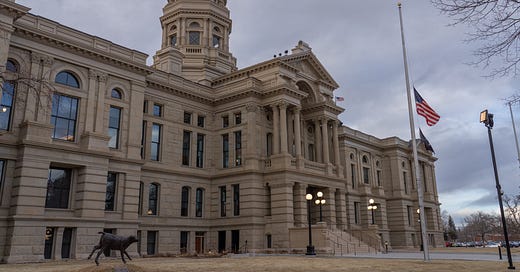




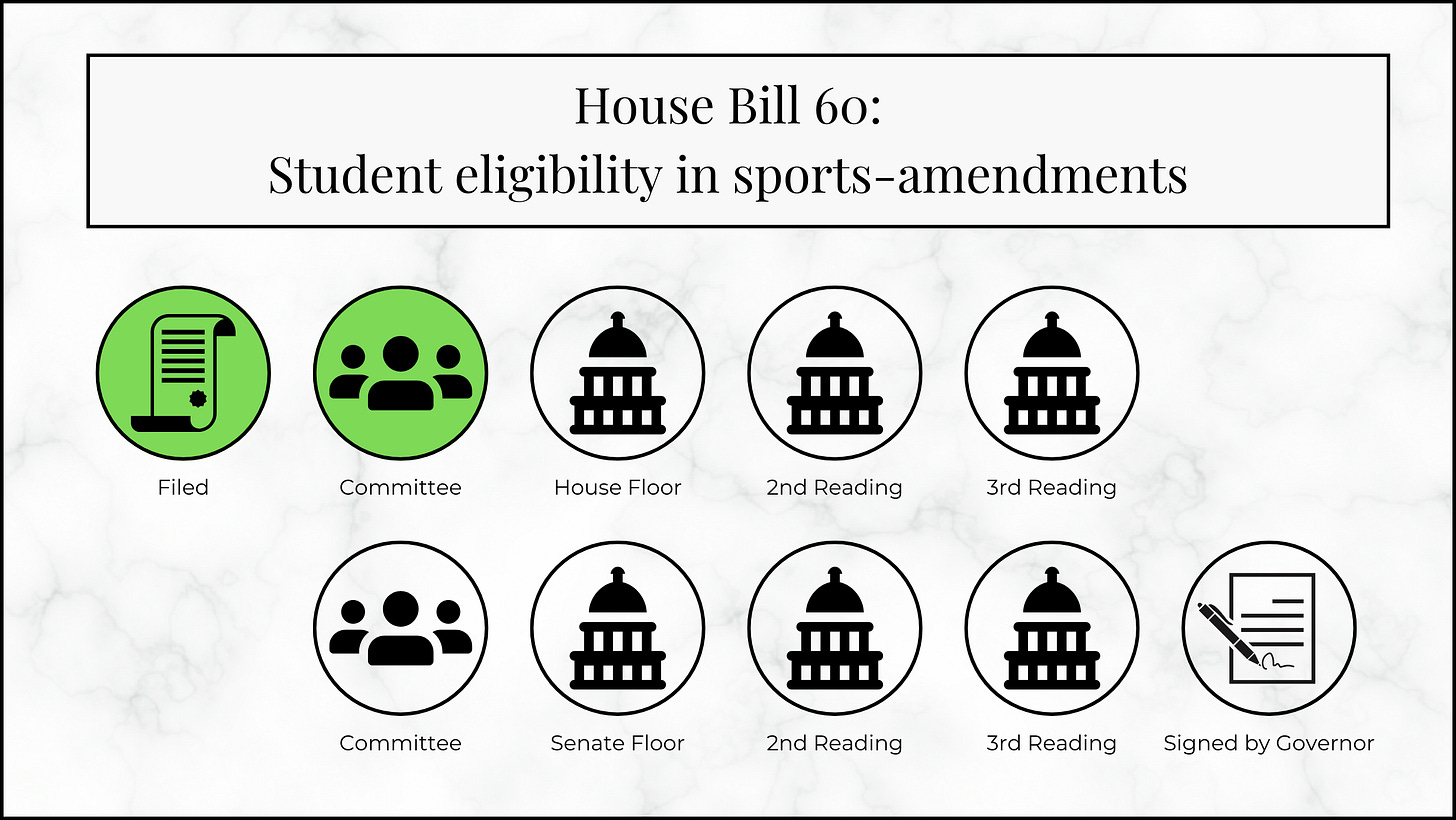

The cruelty is always the point. And with this crowd there is always some projection. We'll learn that in the Find Out stage.